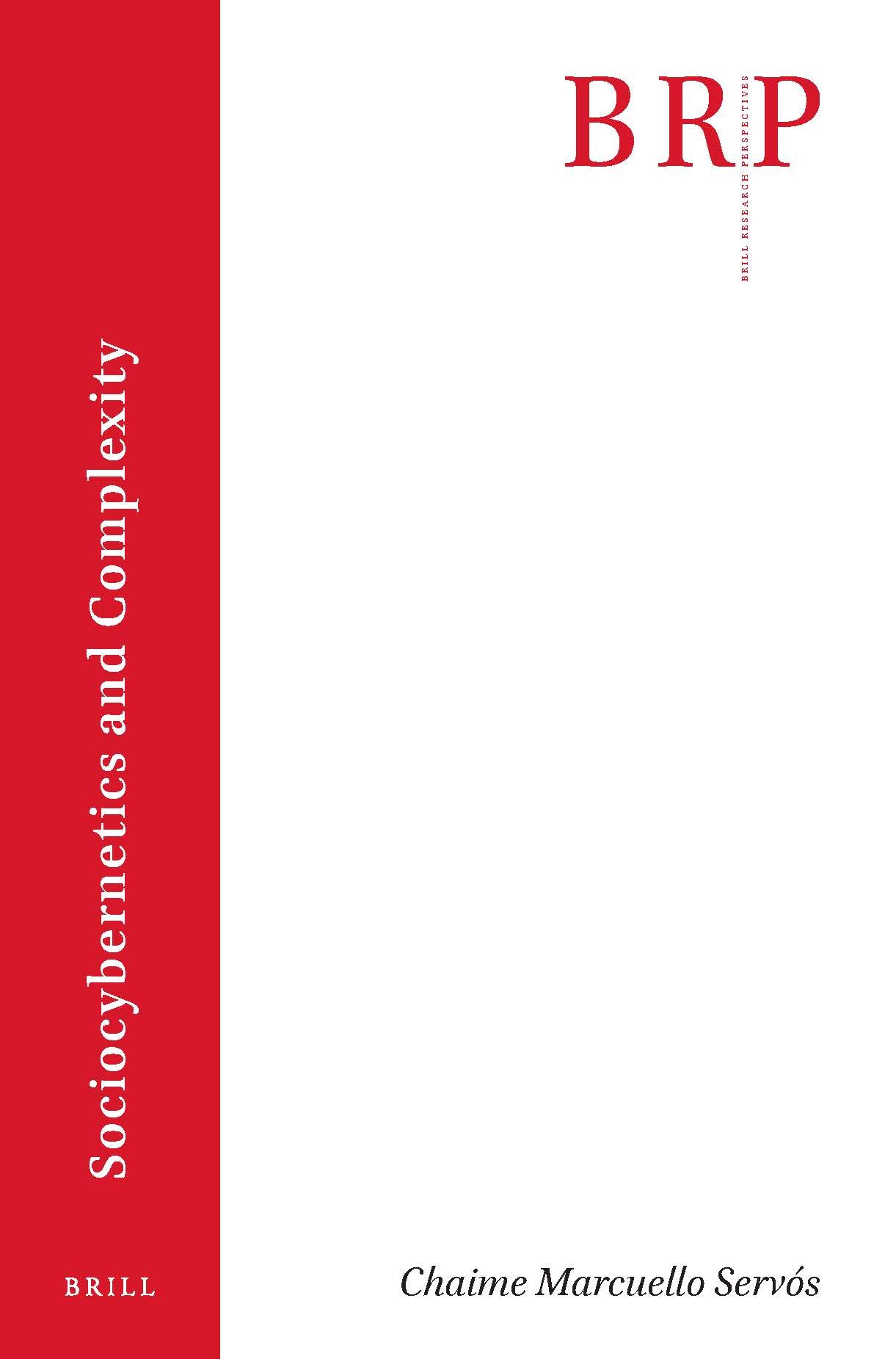
In conversations about the evolution of mathematics, it is common for misunderstandings to occur concerning the beginnings and input of significant individuals. A notable instance is the frequent misattribution of the idea of algorithms to the Persian mathematician Muhammad ibn Musa al-Khwarizmi, whose name was transliterated as Algorithmus by medieval Latin writers. Although numerous reputable history texts depict al-Khwarizmi as the originator of algorithms, this assertion can be misleading.
Al-Khwarizmi thrived in the ninth century, a time characterized by remarkable progress in various scientific fields, including mathematics. However, the implementation of algorithms predates his time by several thousand years, with the Babylonians utilizing algorithmic techniques in mathematics and astronomy more than two millennia earlier. Therefore, while al-Khwarizmi made significant contributions to the spread and enhancement of mathematical ideas, he did not create the algorithm.
In medieval writings, the term “algorism” specifically denoted the procedures for executing arithmetic using the Hindu-Arabic decimal number system. This system was first brought into Europe via a text by al-Khwarizmi, which survives in four Latin manuscripts known as:
1. *Dixit Algorizmi* (published in 1857 as *Algoritmi de Numero Indorum*)
2. *Liber Alchoarismi de Practica Arismetice*
3. *Liber Ysagogarum Alchorismi*
4. *Liber Pulveris*
No known original Arabic text for these manuscripts exists, leaving the original title undisclosed. The term “algorithm” itself developed from “algorism,” gradually adopting its broader contemporary meaning over time.
Essentially, while al-Khwarizmi is a significant historical figure who played an essential part in the mathematical progress of his era, it is vital to accurately represent his contributions. Incorrect assertions regarding his alleged invention of algorithms underscore the importance of verification when discussing the history of mathematics.